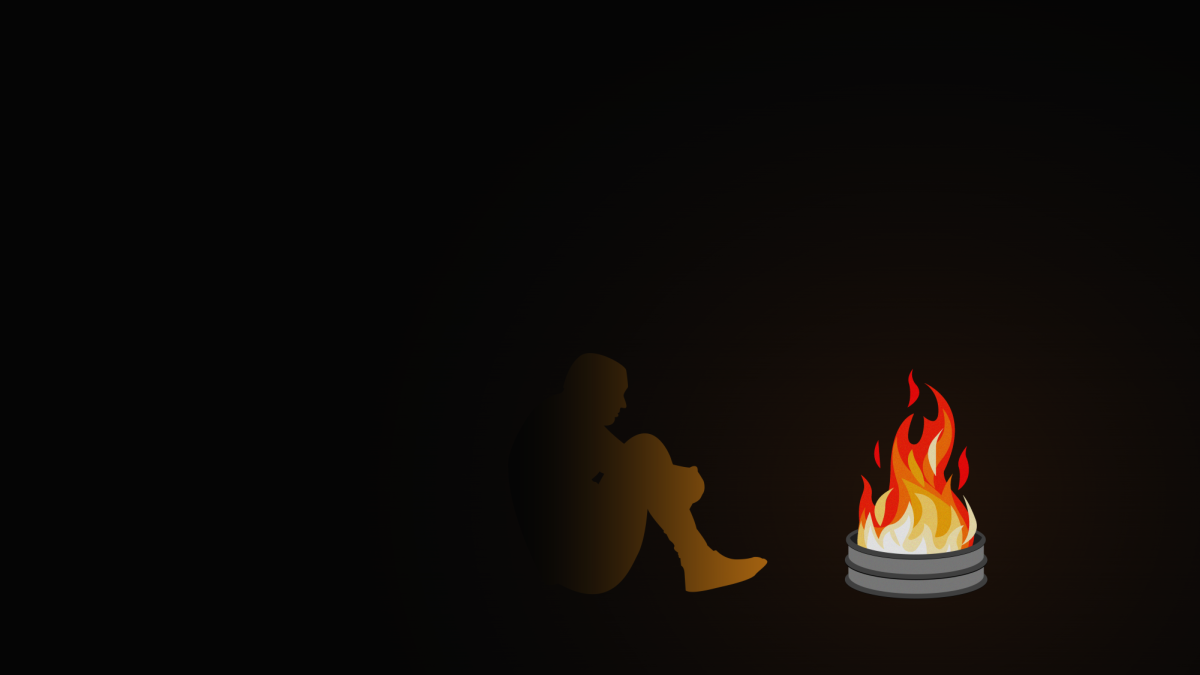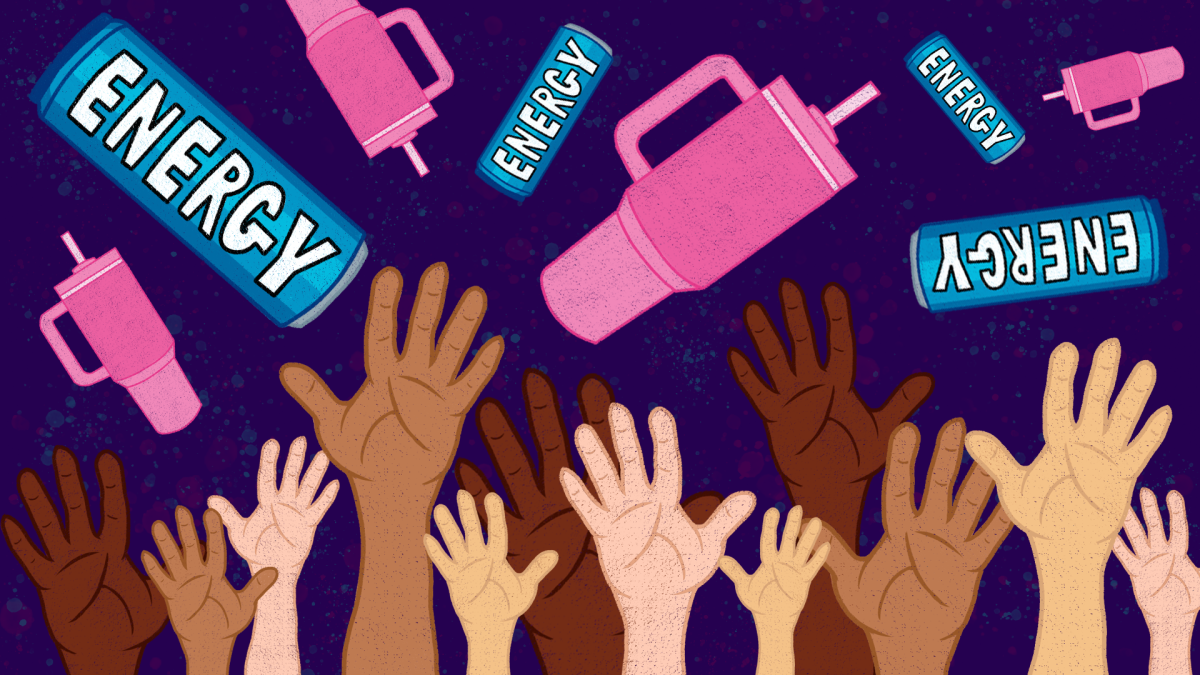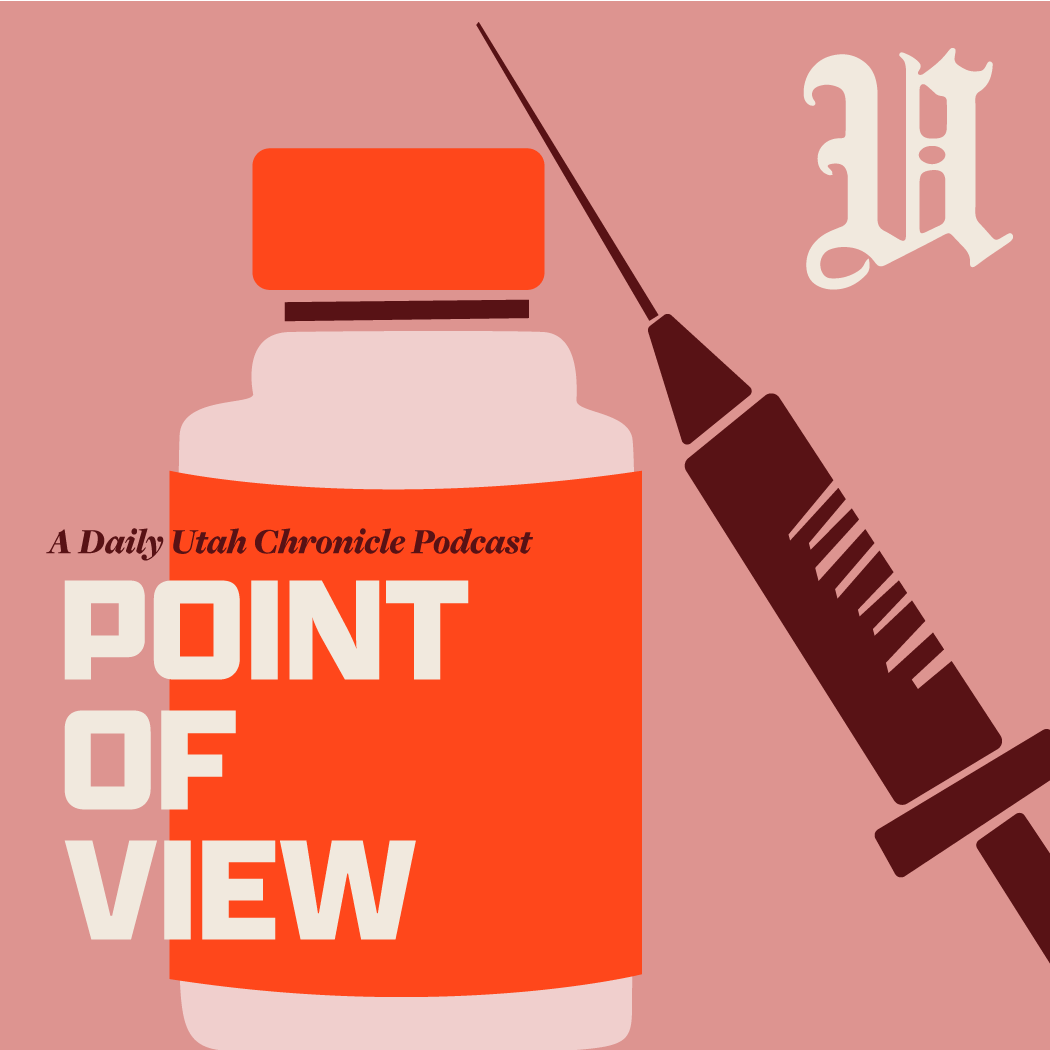Depression is the worldís leading cause of physical and mental disability. If you donít suffer from it yourself, you probably know someone who does. An estimated 7 percent of the United States population has had a major depressive episode in the past year. Since coming to the University of Utah, I have met several people who claim to be depressed and claim to understand. Despite knowing a large percentage of the population is experiencing depression, Iím skeptical of the sheer number of people who indulge in a culture of sadness.
I started showing symptoms of depression when I was 13 and was officially diagnosed at 17. I donít intend to belittle anyoneís experiences. Iíve battled the struggle of having everybody ≠ó from strangers to the people you love most ó not truly understand or empathize with whatever is going on in your mind. However, there is a significant portion of young adults who are mistaking the emotions of growing up as mental illness.
If youíre human, youíve experienced sadness. There is no man, woman or child who has not experienced one of the most basic and primal emotions. If youíre an emotionally mature adult, youíve come to accept experiencing negative emotions ó it seems just as natural and integral as experiencing joy. You shouldnít be ashamed for feeling sad about something; itís a natural part of our being.
If I accomplish one thing, itís to refute the defeatist attitude that plagues the culture surrounding sadness. I fear people start to feel sad, look up symptoms of depression, convince themselves they are suffering from this life-altering disease and then give up. This attitude frustrates me, because itís a result of the conception that sadness is something that canít be cured ó if it can be, itís not something you can do, and thatís wrong. It is possible to get out of tough times.
If you feel sadness and decide youíre content with your new reality, youíve already allowed it to become just that. If you want to move past it, get through it and overcome it, you need to want to get out of it. The road to recovery lies in the belief things will pass. Exercise regularly, eat healthy, hang out with people you love. Keep trying to live the life you were living because if you do, you will recover or adapt. Itís important you push forward with the attitude you wonít be defeated, and you might come out of it stronger.
Most people who suffer from depression understand itís not synonymous with sadness. Depression isnít just a feeling or a basic emotion ó itís a condition of your life. Sadness makes it hard for you to get out of bed in the morning for a few days, but depression convinces you itís better for everybody if you stay in bed the whole day.
Itís important to recognize when sadness is more than just typical sadness. Recovery from depression is more than just hard work, determination and exercise. If your thoughts are leading you to justify self-harm or suicide, itís time to reach out. Feelings like these need to be addressed and disclosed to family, friends or professionals. If sadness feels overwhelming or you canít pull yourself out, consider therapy ó the U offers affordable access to trained therapists and psychiatrists. Receiving professional help doesnít make you weak. I often blame the severity of my personal affliction with depression to normalizing it as typical teenage angst for over four years instead of seeking help.
Your feelings and experiences should never be invalidated. If youíre feeling sad, donít give up and donít accept it as a normal aspect of your life, ever. If you legitimately have the disorder, donít lose hope. I exercise five times a week, maintain a moderately active social life and eat healthy, and at the end of the day, I still feel like garbage. Even though those things donít help me battle my unhealthy emotions, I canít allow my depression to control my life and defeat my will to maintain normalcy.
To everyone struggling, I feel for you. You have friends and family who care for you and love you, even if they donít always understand. If you feel like you donít have a good support network, know you have millions of people who understand. Youíre never truly alone. All in all, remember what youíre feeling is normal, until itís not.
@TheChrony



















Daniel Peterson • Feb 28, 2018 at 10:14 am
Within my friend circle. The people who drink coffee tend to go through mood swings and depression the most. And since most people drink coffee I feel like depression could be on the rise. Sugar raise insulin level increasing fat, caffeine increases cortisol levels also know as the stress horomone. Just like the rise of lung problems when cigarettes were popular, I feel depression is on the rise from artificle stimulation. And maybe even depression from the understanding of dependency for energy on coffee.